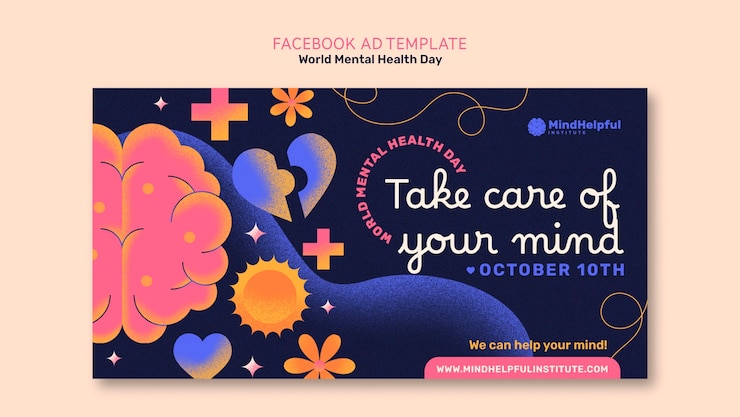
**Inside:** Just like adults, kids need mental health days to manage stress and maintain emotional well-being. Here are seven signs your child might need one.
**Table of Contents**
**”I’m not going to school today, Mom!”**
Every now and then, my fourth-grader says this during the hectic morning routine of breakfast, vitamins, and packing lunches. Over the years, I’ve learned that if I don’t immediately insist she goes to school and instead ask, “What’s up?” or acknowledge she might be stressed, the feeling often passes. Usually, she just needs space to express her feelings, much like how I complain about doing laundry but still manage to get it done.
There have been times, however, when these comments become more frequent, indicating a deeper, ongoing issue. A quick rush to school doesn’t allow her the time to figure out what’s troubled her. While mental health days are becoming more accepted for adults, some still believe kids don’t need them, fearing it might lead to avoidance or misuse.
It took me a while to recognize the unhelpful mindsets I had when my daughter showed stress signals. Understanding how stress affects the brain—shutting down higher thinking processes—convinced me that sending her to school anxious isn’t beneficial. Navigating this can be challenging, and knowing if your child indeed needs a mental health day or would be better off in their routine isn’t straightforward.
While you can check if your child has a fever, assessing their emotional state is trickier. Signs of emotional stress vary for each child but there’s a pattern of behaviors indicating a need for a mental health day. Stress activates the brain’s emotional center, heightening emotions. If your child is more irritable, gets angry quickly, or cries more, it might be stress and anxiety.
Repeatedly hearing, “I’m not going to school, Mom,” suggests your child might be anxious about something at school. Avoidance is a common response to stress. If your child resists going to daycare or sports, they may need a mental health day, as there’s always a reason behind this resistance—often rooted in either academics or social dynamics.
Social issues like conflict resolution, peer communication, or bullying can overwhelm kids. A mental health day provides a chance to address these stresses and plan to improve social skills. School guidance counselors are excellent resources for navigating peer conflicts.
**”I’m not smart at math anymore, Mom, I got five questions wrong on my test.”**
Many children interpret mistakes as failures rather than learning opportunities. Increasing academic and athletic expectations can overwhelm kids if they exceed age-appropriate skills. A mental health day can help pinpoint pressures and manage stress.
Ask:
– What’s most stressful at school right now?
– Are expectations fair and realistic?
– Is there anything we can let go of to ease the pressure?
– How can I support your well-being while encouraging your best efforts?
Resources like Big Life Journal can help teach kids about growth mindset, positivity, and self-compassion.
Major life changes like moving or separations can excessively stress a child, requiring extra support. A mental health day provides a opportunity to openly discuss transitions, emotions, and coping strategies.
Physical symptoms like stomachaches and headaches could indicate stress. The limbic system slows bodily functions under stress, potentially causing these symptoms for your child. Regular complaints might signal underlying worries worth discussing.
Books are helpful for exploring complex topics with children. During a mental health day, consider reading an age-appropriate book on anxiety from therapist Natasha Daniels’ list.
If your child seeks your attention more than usual, they may need more connection. A mental health day offers a chance for this essential bonding. Your relationship provides an emotional “home base,” boosting their confidence. Prioritize intentional connection despite busy schedules and technology.
Ultimately, a mental health day isn’t a cure-all but a chance to understand your child’s emotional needs and provide ongoing support. Mental health days for kids are as essential as sick days for physical illnesses. If something’s off, your child will likely show it through words or behavior—just be sure to listen.
**Other parenting articles you may enjoy:**
– 75 Awesome Calm Down Strategies for Kids
– The Best Mindset for Parenting a Spirited, Emotionally Intense Child
– 10 Insights of Remarkable Parents from a Family Therapist
– Easy Ways to Bond With Your Child (Even When There’s No Time)
– 10 Everyday Ways to Improve Your Child’s Mood and Behavior
*This article is part of a four-part series on the importance of mental health days for kids.*



